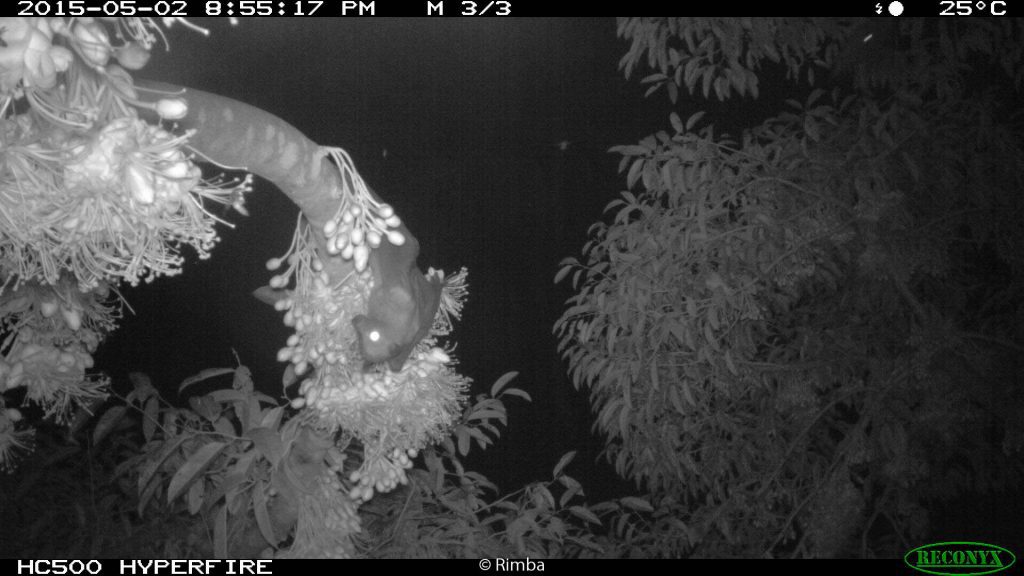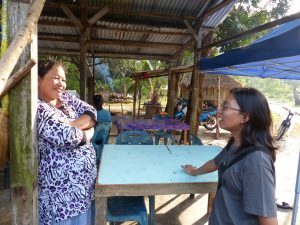Project Pteropus is a research initiative by Rimba Research to fill the gaps in our understanding of old-world fruit bats such as flying foxes (Pteropus spp., Acerodon spp.) which are known to be important ecosystem service providers, pollinating flowers and dispersing seeds over long distances.

Once a common sight in certain parts of Malaysia, these remarkable flying mammals are a rare sight as numbers have declined with hunting and persecution. Project Pteropus aims is seeking a deeper understanding of bat ecosystem services and conflict situations with humans as an important first step to developing effective conservation solutions.


Dr Sheema Abdul Aziz of the NGO Rimba is the lead researcher of Project Pteropus and the recipient of a 2018 Habitat Foundation research grant. She has been studying the ecology of fruit-visiting bats since 2013. In seeking insights into the ecosystem services they provide, she hopes to develop an effective conservation strategy to advocate for these misunderstood animals.


We’ll be traversing the length and breadth of Peninsular Malaysia looking for Pteropus roosts and caves frequented by cave nectar bats (Eonycteris spelaea), and also talking to local people and orchard owners. This will allow us to assess the status of these pollinating fruit bats across the landscape, understand local people’s experiences and perceptions of fruit bats, and also identify potential sites for future studies on durian pollination and farmer-bat conflict. We hope to start engaging fruit farmers constructively as equal partners to explore collaborative solutions. – Rimba
Conservation challenges confronting fruitbats


Long reviled as pests, numbers of fruitbats or flying foxes, have declined steadily in recent years. They are hunted or chased off by farmers seeking to protect their crop of mangoes and durians. However, findings from research into the ecology of fruitbats has provided some fascinating information.
- The main food of fruit bats is the fruit of wild fig trees and they play an important ecological role as dispersers of seeds.
- Camera trap footage reveals that fruitbats do not actually eat durian flowers. They only feed on their nectar without damaging them. Flying foxes also play a central role in durian pollination.
These observations have the potential to change the way farmers and local people view them and could provide a strategy to mitigate conflict and ensure the conservation of this species (and ensure the future supply of delicious durians!)


Rimba’s Project Pteropus will focus on the following actions:-
- establishing contact with fruit farmers
- collected baseline data on bat roosts and populations
- identifying suitable sites in Peninsular Malaysia for further research
- collecting social data on orchard management practices and farmers’ experiences with wildlife
- conducting outreach and awareness-raising activities
The team will collect data on flying fox movement ecology and durian pollination networks. Findings on the economic evaluation of bat pollination of durian in Peninsular Malaysia will also be shared with industry, policymakers, and the general public.
Visit Rimba’s facebook page and website for more information on this study. You can also read about Rimba’s research in an article published in The Guardian in February 2018. “World’s most controversial fruit may depend on giant bats for pollination.“


